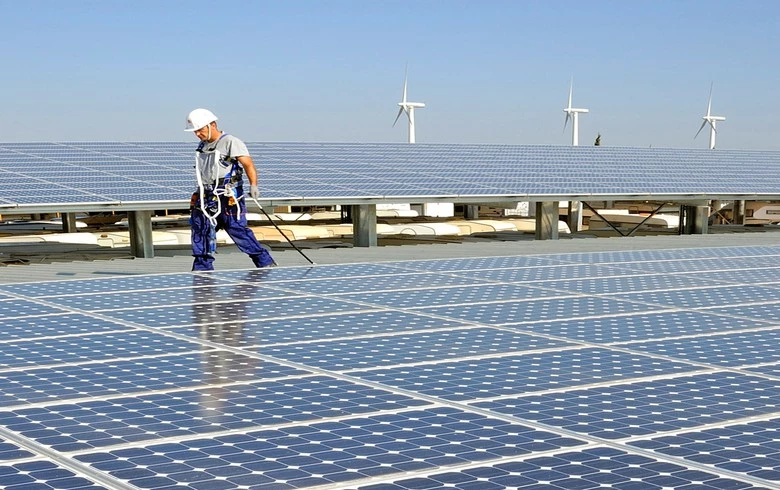The year 2017 has so far been a good one for women’s rights in Tunisia. A landmark law to end violence against women was adopted in July. The following month, president Beji Caid Essebsi proposed to amend the country’s inheritance law to allow women to inherit as equally as men and, on September 14, a ban on Muslim women marrying non-Muslim men was lifted.
But despite this progress, one group of women continues to find itself forced to live on the margins of society, their mere existence seen as taboo: unwed mothers.
“Unmarried mothers are often rejected by their families and forced to leave their hometown to avoid a scandal,” said Malek Kefif, president of Amal, an organisation dedicated to supporting unmarried mothers.
“They find themselves in a situation of isolation combined with deep economic insecurity. A number of them end up on the street.”
Pre-marital sex is widely condemned in Tunisia, with more than 89 per cent of Tunisians saying it is “morally wrong”, according to a 2013 Pew Research Centre survey.
Mr Kefif said the number of babies born outside of marriage each year was approximately 1,500. More than half of these babies are abandoned by their mothers due to the challenges the women face, according to a study published in 2016 by the NGO Sante Sud.
In 2003, Amal opened an emergency shelter with 17 beds in a discreet suburb of Tunis, housing around 50 women and their children every year.
“My parents are very upset,” said Ghalia, one of the women at the shelter, as she placed her five-week-old son in a basinet in the main room of the shelter.
“They want me to abandon my child. There is also a lot of pressure from the neighbours, from all the people in my town … This is the most difficult thing. Everybody knows me there. Everybody says: ‘How could she commit such a mistake?’”
The 29-year-old, who did not want to use her real name, was studying psychology when she found out she was pregnant. The father of her child, a married man, did not want to dissolve his marriage and refused to support or acknowledge the child.
Ghalia, however, decided to keep the baby and spent the last three months of her pregnancy at a friend’s house. She arrived at the Amal shelter after she delivered.
At the centre, women receive financial, psychological, administrative and legal support for a period of four months until they can get back on their feet.

“Our goal is to reintegrate them into society and build their self-confidence,” said Rebah Ben Chaabane, a psychologist at the shelter.
Hanene, who also refused to give her real name, said: “All I want is to have a job, a home and take care of my daughter.”
“But I’m afraid of the future. Sometimes I don’t feel strong enough,” added the 32-year-old, who has been living at the shelter with her five-week-old daughter for one month.
Hanene would have considered abortion if she had found out she was pregnant within the first three months, before which it is legal to abort in Tunisia.
She worked on a farm to support her family and kept her pregnancy secret until “labour pains started”, at which point she left her home.
The National





Comments are closed.